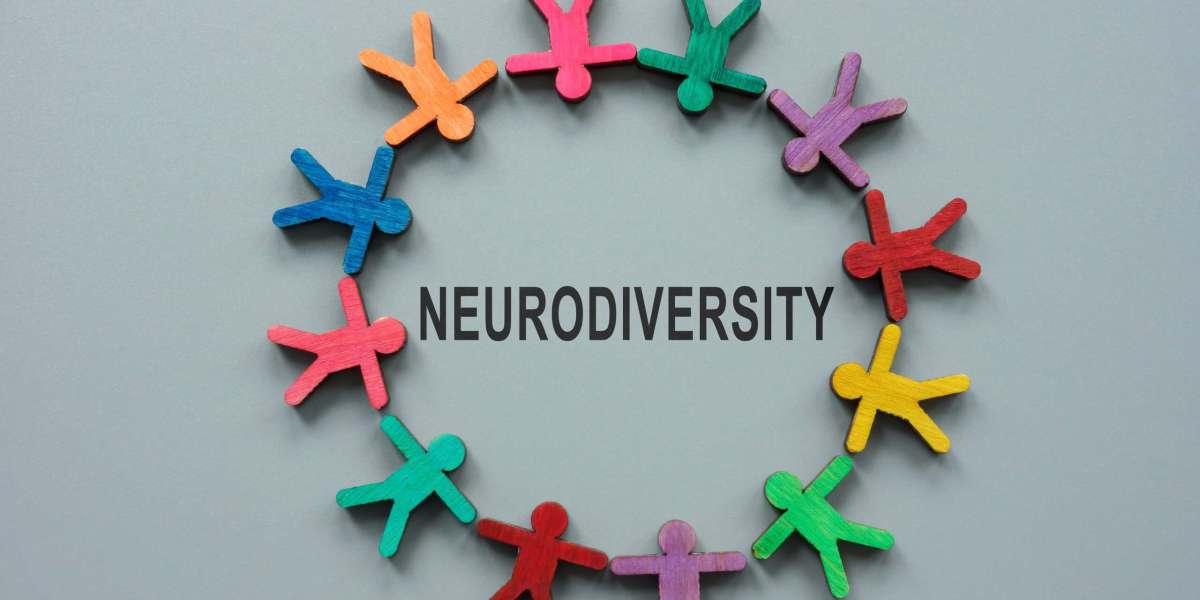Individuals with ADHD are particularly vulnerable to stress, especially in toxic environments or when subjected to toxic treatment.
Understanding how these individuals cope with stress in such situations is crucial for fostering empathy and creating supportive environments.
The Nature of ADHD and Stress
Stress is a universal experience, but it can be particularly overwhelming for individuals with ADHD. The brain of someone with ADHD processes stress differently, often amplifying the impact of stressors. This can be attributed to the unique neurological wiring associated with ADHD, including differences in the regulation of neurotransmitters like dopamine and norepinephrine.
These differences can lead to heightened emotional responses, difficulty in managing emotions, and an increased susceptibility to anxiety and depression.
Stress can also trigger or intensify ADHD symptoms. This is especially true for adults with the inattentive presentation of ADHD, who may find that their symptoms become more pronounced under stress.
Chronic stress not only exacerbates ADHD symptoms but also causes chemical and architectural changes to the brain, particularly affecting the prefrontal cortex—the same area of the brain impacted by ADHD. These changes can impair the brain's ability to function optimally, further complicating the individual’s capacity to manage stress.
The relationship between stress and ADHD is likely multidirectional. Individuals with ADHD may struggle to focus, making it difficult to cope with stressful situations. At the same time, the inability to effectively manage stress can lead to an intensification of ADHD symptoms, creating a vicious cycle that is hard to break.
Toxic Environments and Their Impact
A toxic environment can take many forms, including:
Workplace Toxicity: A high-pressure job with unrealistic expectations, micromanagement, or bullying can create a toxic atmosphere. For someone with ADHD, this environment can lead to feelings of inadequacy, as they may struggle with organization, time management, and maintaining focus under pressure. The stress from such a workplace can exacerbate ADHD symptoms, further diminishing performance and self-esteem.
Educational Toxicity: In academic settings, students with ADHD may face criticism or punishment for behaviors that are beyond their control, such as fidgeting, inattentiveness, or forgetfulness. This can result in a cycle of frustration, stress, and low self-esteem, making it even harder for them to succeed. The stress in such environments can impair cognitive functions, particularly those managed by the prefrontal cortex, leading to a decline in academic performance.
Personal Relationships: Toxic relationships, whether with family, friends, or romantic partners, can be particularly damaging. Constant criticism, emotional manipulation, or a lack of understanding can lead to a deep sense of isolation and stress for someone with ADHD. The chronic stress from these relationships can worsen ADHD symptoms, making it harder to maintain healthy connections.
Coping Mechanisms in Toxic Situations
People with ADHD employ various strategies to cope with the stress of toxic environments, though not all of these strategies are healthy or effective. Some common coping mechanisms include:
Hyperfocus: In some cases, individuals with ADHD may enter a state of hyperfocus, where they become intensely absorbed in a particular task or activity. While this can be productive, it can also serve as an escape mechanism, allowing the person to avoid dealing with the underlying stress. However, hyperfocus may not be sustainable and can lead to neglect of other important tasks, worsening overall stress levels.
Avoidance and Procrastination: Faced with overwhelming stress, many people with ADHD resort to avoidance or procrastination. This might involve putting off tasks, withdrawing from social interactions, or neglecting responsibilities, which can lead to a cycle of increasing stress and anxiety. The avoidance behavior can further strain relationships and work performance, intensifying stress.
People-Pleasing: To avoid conflict or negative feedback, some individuals with ADHD may become overly accommodating, prioritizing the needs of others at the expense of their own well-being. This can lead to burnout and resentment, further exacerbating the stress. People-pleasing behavior can be particularly draining, as it often involves suppressing one’s own needs and desires, leading to emotional exhaustion.
Substance Use: Unfortunately, some individuals may turn to substances like alcohol, drugs, or nicotine as a way to cope with the overwhelming stress of a toxic environment. This is a dangerous and destructive path that can lead to addiction and further mental health issues. Substance use can temporarily mask the symptoms of stress but ultimately leads to more significant problems, including worsening ADHD symptoms and impaired cognitive function.
Constructive Coping Strategies
While the coping mechanisms mentioned above are common, they are often not sustainable or healthy. It is important for individuals with ADHD to develop more constructive strategies for managing stress in toxic environments. These might include:
Mindfulness and Relaxation Techniques: Practicing mindfulness, meditation, or deep breathing exercises can help individuals with ADHD manage stress by promoting relaxation and emotional regulation. These techniques can also improve focus and reduce impulsivity. Regular mindfulness practice can help reduce the impact of stress on the prefrontal cortex, thereby mitigating the exacerbation of ADHD symptoms.
Structured Routines: Creating and sticking to a structured routine can help reduce the chaos and unpredictability that often exacerbate stress for someone with ADHD. This might involve setting regular schedules, using planners or apps, and breaking tasks into manageable steps. A well-structured routine can provide a sense of control and predictability, reducing stress and its negative impact on ADHD symptoms.
Seeking Support: Building a support network of understanding friends, family members, or mental health professionals can provide invaluable assistance in navigating toxic environments. Support groups, either in-person or online, can also offer a sense of community and shared experience. Having a strong support system can help buffer the effects of stress and provide practical strategies for managing ADHD symptoms.
Cognitive Behavioral Therapy (CBT): CBT is a therapeutic approach that can help individuals with ADHD develop healthier ways of thinking and responding to stress. It can be particularly effective in addressing negative thought patterns and behaviors that contribute to stress and anxiety. CBT can also help rewire the brain’s response to stress, reducing the negative impact on the prefrontal cortex and improving overall functioning.
Setting Boundaries: Learning to set and enforce boundaries is crucial for protecting one’s mental health in a toxic environment. This might involve saying no to unreasonable demands, limiting contact with toxic individuals, or even leaving a toxic situation altogether if possible. Setting boundaries can help reduce exposure to stressors, allowing for better management of ADHD symptoms.
Medication Management: For some individuals with ADHD, medication prescribed by a healthcare provider can be an important part of managing symptoms and reducing stress. Medication can help regulate attention, impulse control, and emotional responses, making it easier to cope with challenging situations. Proper medication management can also reduce the brain’s stress response, helping to protect the prefrontal cortex from the damaging effects of chronic stress.
Conclusion
Living with ADHD presents unique challenges, especially when faced with the added burden of toxic environments and treatment. Stress can exacerbate ADHD symptoms, leading to a vicious cycle that is difficult to break. Chronic stress can cause lasting changes to the brain, particularly in areas like the prefrontal cortex, which is already affected by ADHD.
However, by understanding the link between stress and ADHD, and by employing effective stress management strategies, individuals with ADHD can better navigate these challenges. Fostering supportive environments and promoting constructive coping mechanisms can make a significant difference, helping those with ADHD not just survive but thrive, even in the face of adversity.



